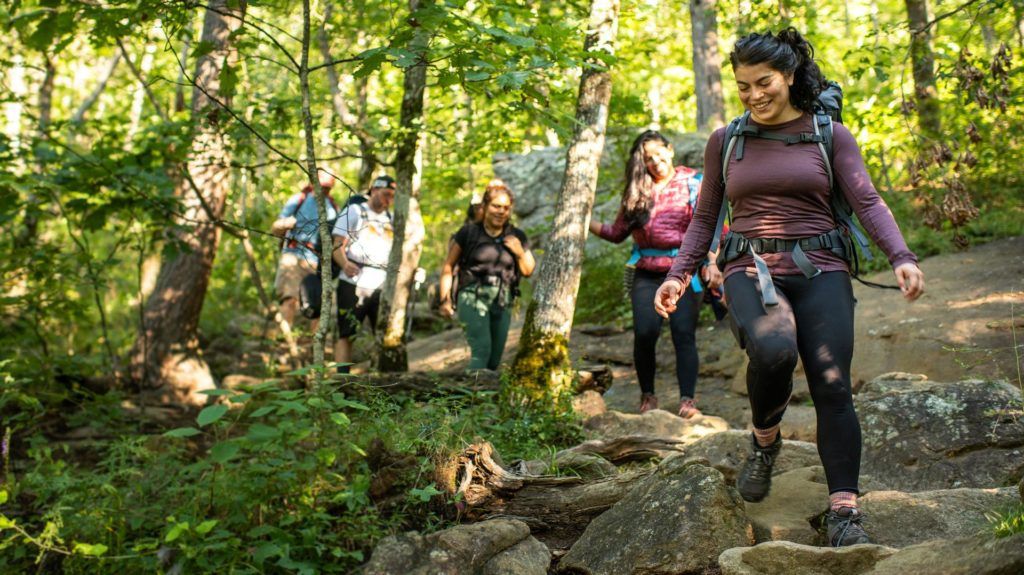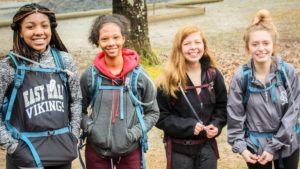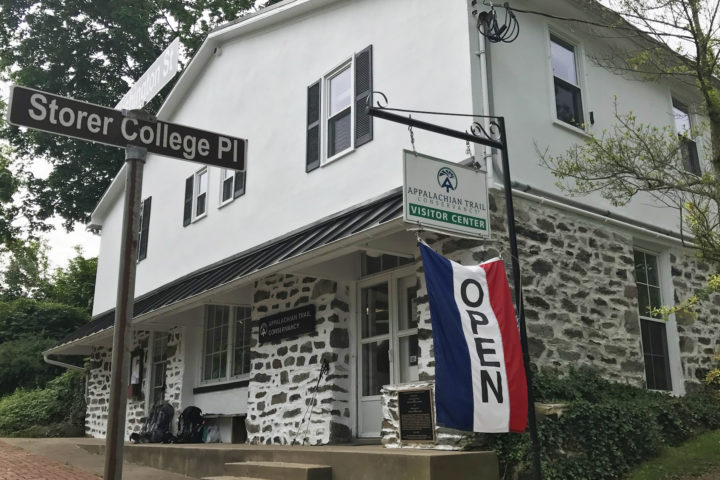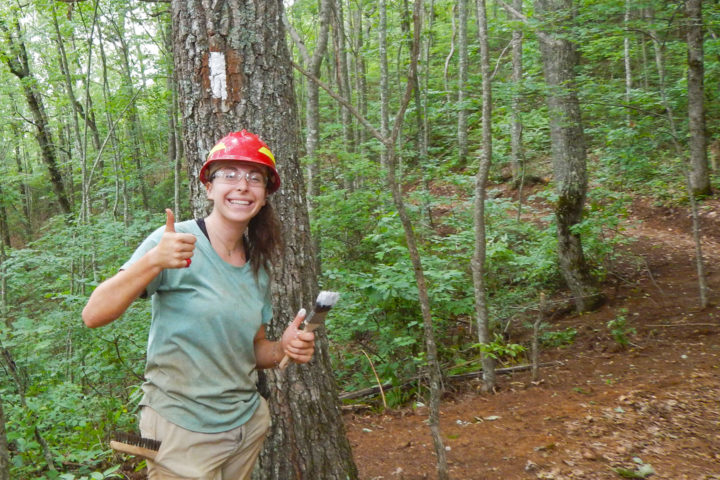Our Commitment to Belonging

The Appalachian Trail Conservancy’s one-hundred-year history is rooted in people.
The Trail began as a visionary plan for a “Realm United by a Trail” that connects communities and individuals with access to nature throughout the eastern United States. Presented as a “new approach to the problem of living,” the Trail would provide opportunities not only for recreation, but also for health, recuperation, and connection with the outdoors.

Today, experiences on the A.T. and within its broader landscape make a positive, and often transformative, impact on millions of lives every year. The ATC is committed to protecting these experiences for all. To this end, creating a sense of belonging and respect is integral to ATC programs, practices, and policies.

Courtesy Greening Youth Foundation
The ATC’s Strategic Plan prioritizes engaging and expanding our community of Appalachian Trail supporters. We aspire to be a welcoming organization that attracts, retains, and values talented people from all backgrounds. ATC partners with rural communities, supports connecting urban populations with nature, and takes pride in its work centered in collaboration, listening, and consensus-building to care for the natural resources and national treasure that is the Appalachian National Scenic Trail.

ATC works with broad networks of partners to foster opportunities for welcoming new people — as hikers, volunteers, and visitors to mountain towns. The ATC offers training and workshops for the 30 A.T. maintaining clubs to support club vitality, and creates opportunities for new people to experience and contribute to the A.T. through programming, such as the Emerging Leaders’ Summit and the Next Generation Advisory Council.
Discover More

Work with Us
Careers
Want to work for an amazing organization?

From maintenance of the footpath and its facilities to greeting guests
Volunteer Opportunities
The Appalachian Trail (A.T.) would not exist without volunteers.

Join Today
Become a Member
Membership with the Appalachian Trail Conservancy supports the protection, enjoyment, and inclusive stewardship of every mile of the A.T.
